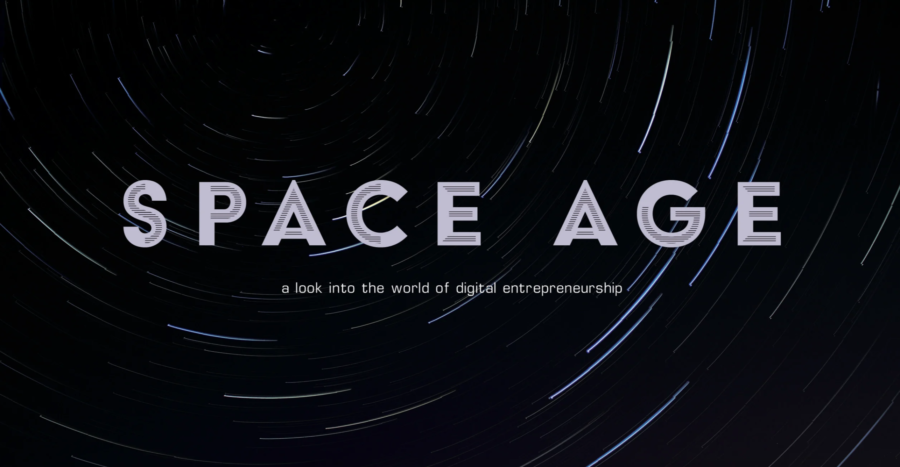Four years ago, Cassandra Tennison joined a Jonas Brothers fan site through MySpace. Little did she know that the people she met there would end up being some of her closest friends.
Tennison, like other students, has made friends through social media. Tennison said she has met people from Ohio, New York and South Carolina. She said she met sisters in South Carolina who feel like a part of her family.
“Everyone that I’ve met is really through music, through like artists that we both like,” the sophomore mathematics major said.
Over the summer, she visited a friend in Ohio for the first time. Tennison’s parents were nervous about their daughter going to meet someone she found through social media, but Tennison said she was eager to meet her friend.
“With the girls that I’ve known for a while, it’s actually more exciting to meet them because I’ve talked to them on Skype and on Facebook and on Twitter and texted them for like, ever, but I haven’t been able to spend time with them,” she said.
Tennison said that distance is a big problem in maintaining these relationships because she lacks daily interaction with them, like the kind she gets with her roommates.
Assistant professor of communication studies Andrew Ledbetter specializes in understanding how people use communication technology to maintain interpersonal relationships. He said people turn to Facebook and other social media because they’re convenient and can transcend long and short distances.
Students have a hard time imagining the time before technology like Facebook or texting were a ubiquitous part of society, Ledbetter said.
Facebook communication helps strengthen offline relationships and keeps people connected to their social networks, he said. Research shows that people who use social media, such as Facebook, aren’t lonely or disconnected from others.
“The way I think about that, is the closer you are to somebody, the more your lives are connected,” Ledbetter said.
Some students use chat features on games to meet people through social media.
Senior nursing major Clara Garcia uses the chat feature on Words with Friends to interact with people from all across the country including California, Ohio and New York.
“It’s a fun way to interact with people,” she said. “ You never know who you’re going to find out there.”
Tennison said the transition from fan site friends to Facebook friends was slow.
She talked with people on the fan site for months before exchanging any personal information.
Before moving a relationship to Facebook, Tennison said, she also checked their Facebook profiles to learn more about them.
Facebook profiles reverse the self-disclosure process, Ledbetter said. Profiles supply a lot of information to people before they even interact with each other.
Although technology can connect people, when people spend most of their time with technology, they could miss out on important relationships, Ledbetter said.
“I do kind of become concerned that these technologies sometimes make us ignore the local in favor of the global, so to speak, or we ignore what’s right around us in favor of the opportunities we have for people that are far away,” he said. “But we lose some of the richness of that face-to-face community.”
Facebook is a pro-social tool and a motive to get online, Ledbetter said. People feel like they miss news or events if they aren’t online.
Garcia said she likes meeting people through social games because the other person doesn’t have her personal contact info. They don’t have any mutual friends and she can use a fake name.
When it comes to becoming Facebook friends, Garcia said, she wants to interact with the person in real life before she meets them on Facebook.
There is no good way to explain a friendship created through online interactions, Tennison said. There is a lot of “skirting around” the subject when people ask about the relationships.
“It’s a touchy subject because there’s just been so many situations that have gone poorly,” she said. “But we’re always like ‘oh we grew up together and she moved away when I was little and we just so happened to get back in touch.’ ”
When people use sites like Facebook to find friends, they get a limited view of the other person, Ledbetter said. They might lose certain aspects of someone's personality because not everything is posted online.
Online friending allows people to jump to conclusions about other people, Ledbetter said. People could also self-select their friends based on common interests and ignore people who are different from them.
Tennison said she never thought she would be the person to meet people through online websites, but she is grateful for the people she has met there.
“They’re very close friends of mine,” Tennison said. “It’s weird to think about what would’ve happened if I hadn’t met them."



